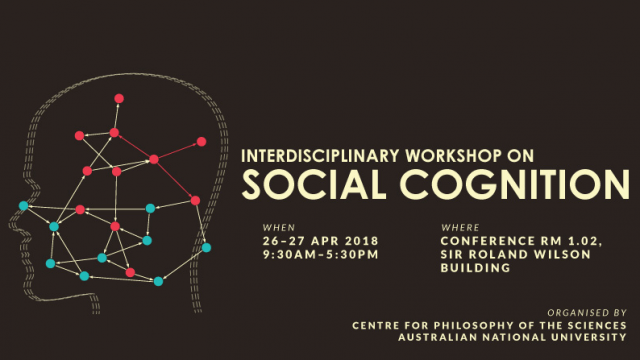
Refugee children, similar to other children, are exposed to diverse ecological systems in which their families and communities play a significant role in shaping their learning experiences. Drawing from Bronfenbrenner's ecological systems theory (1979), the study explores the effectiveness of the “family hour” program at the Regional Art Museum for engaging refugee families in their children’s play. The program was designed to offer networking opportunities and provide language support for both children and parents/carers in a rural town in New South Wales (NSW), Australia. The provision of an Ezidi interpreter/facilitator enabled people from the refugee community in Armidale to participate in early arts engagement within a supportive atmosphere and to build connections with the broader Armidale community. Data were collected through semi-structured interviews and participant-researcher’s field notes. The semi-structured interviews were conducted with an Ezidi facilitator and five families who were participating in the program at NERAM. Data were analysed thematically. The findings indicate that while families were involved in their children’s play, they had a low involvement with local Armidale families because of the language barrier. In addition, families agreed having an Ezidi facilitator/translator was beneficial.
Dr. Somayeh Ba Akhlagh is an early career academic who completed PhD (philosophy in education) from the University of Newcastle in 2021. She has been employed by the University of New England since 2020. Somayeh has completed two masters- Psychology from Iran University and Teaching from Sydney University. She has received several scholarship awards for her passion for teaching/research including outstanding achievement in her postgraduate studies and Early Career Researcher (ECR) paper presentation award from the Australian Association for Research in Education (AARE). Somayeh’s research interests are early childhood education, creativity and inclusive education. currently, she is conducting four funded research projects, collaborating nationally and internationally with the researchers.
Location
Speakers
- Dr Somayeh Ba Akhlagh, University of New England
Event Series
Contact
- Yujie Zhu